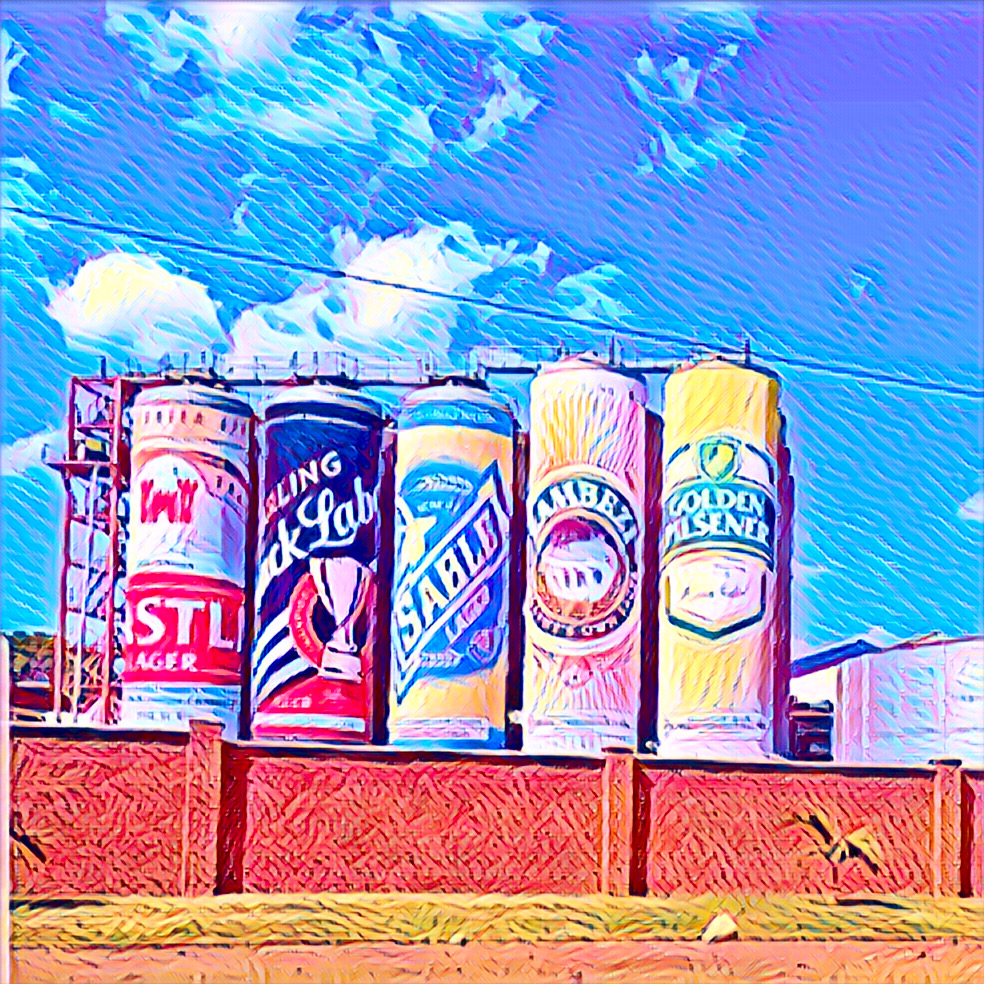The government has imposed a new sugar tax that is projected to cost Delta Corporation Limited, a major player on the stock market and Zimbabwe’s largest beverage maker, an enormous financial obstacle. The 2024 National Budget, which Finance Minister Mthuli Ncube unveiled in November, contained a larger effort that includes this action.
At first, the Treasury suggested charging US$0.02 per gram of sugar in beverages; but, after facing strong opposition from industry players, the cost was eventually lowered to US$0.001 per gram. Even with this modification, Delta still has a significant tax burden, which forces the business to change the price of its products in order to manage the financial impact.
The sugar tax came into effect earlier this year and has already begun shaping the cost structures of beverage makers across the country. For Delta, which reported paying US$142 million in various taxes in the fiscal year ending March 2024, this new levy represents a severe strain on its finances. Delta’s Group Finance Director, Alex Makamure, highlighted the gravity of the situation at a recent analyst briefing. “In normal years, Delta would pay between US$20 million to US$25 million as corporate tax for the entire group,” Makamure stated. “Now, we are faced with a single tax line that is expected to draw US$46 million.”
The impact of this tax is already visible in the market. For instance, the price of Mazoe Orange Crush, a popular beverage produced by Schweppes Holdings Africa Limited, in which Delta holds a 49% stake, has seen a price increase of 36% for a 2-liter bottle, now costing consumers US$4. Similarly, the price of a 330-milliliter bottle of Coca-Cola has risen by 32%, now priced at US$0.33.
This price adjustment strategy is a direct response to the increased production costs due to the sugar tax, which not only affects Delta but also its associated firms like Schweppes Holdings Africa Limited. Schweppes, holding exclusive rights to distribute Coca-Cola products in the region, finds its cost structure heavily impacted, further complicating Delta’s financial landscape.
Makamure expressed concerns about the timing of these price hikes, particularly as they coincide with the winter season, traditionally a period of lower sales volume for beverages. “We are going into these kinds of price increases going into winter, where you already have a low point, so it is not looking very good in terms of that,” he commented. Despite these challenges, Delta is exploring various strategies to mitigate the impact of the sugar tax. This includes potential reengineering of packaging to maintain affordability and market competitiveness.
Matlhogonolo Valela, Delta’s Chief Executive Officer, also commented on the issue, pointing out that although the tax is costly, it is manageable if consumer demand remains stable. “It is something new that is meant to take value from the consumer,” Valela explained. “If volumes hold, this is the size of challenge we will have to collect on behalf of the government, more than US$40 million in taxes.”
Delta is currently working to ensure that despite the higher taxes, its products remain accessible to consumers. The company’s leadership is hopeful that through careful planning and adaptation, Delta can continue to meet the needs of its customers without compromising quality or affordability.


